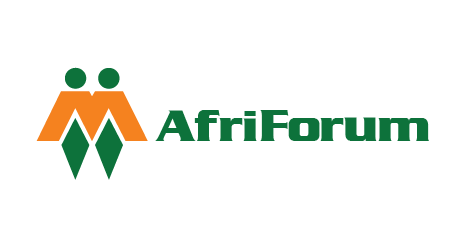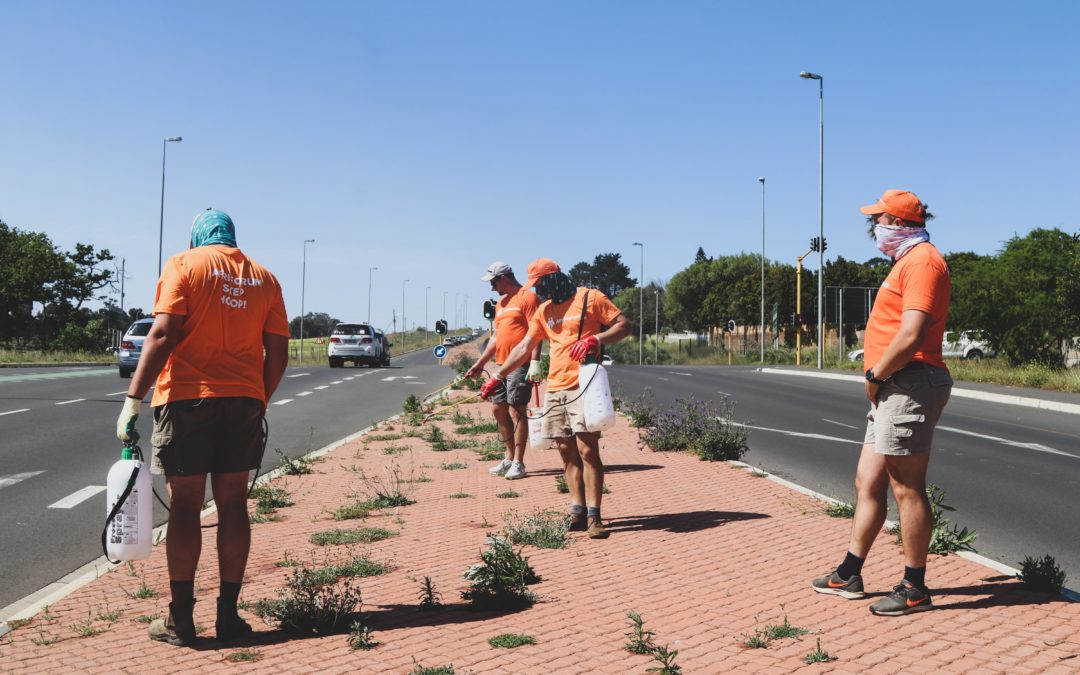By Eugene Brink
Max du Preez’s recent recantation in Vrye Weekblad on the necessity of the parallel state is patently late, but at least not half-hearted.
The piece is imbibed with a fervent plea for people to get involved and plug the gaps that government cannot fill. He outlines, in great detail, what these failures are. Prior to that, he compliments some organisations for their goodwill and vision, and pleads that the whole South Africa should have an AfriForum and Solidarity. This is something that I have advocated repeatedly in the past and will continue to champion as long as I live. Notable Western intellectuals such as Niall Ferguson made similar and eloquent arguments on the importance of civil society (read The Great Degeneration: How Institutions Decay and Economies Die). So did the great Alexis de Tocqueville. AfriForum blazed a trail for others to follow, but alas, it cannot save the whole South Africa in every respect. That is where I certainly agree with Du Preez: We need more AfriForums that are tailored to unique circumstances.
The parallel state – if that is the preferred term – has existed and grown since around 1994. Estates with common security and other communal services being rendered, private security companies and hospitals, neighbourhood watches and private power generation are but some of its features. It’s a shame that people who should have known better than to spurn this idea in the face of overwhelming evidence, and who have certainly benefitted from the various guises of self-containment, are only now admitting in public that it is essential. You may want to ignore or deny it, but it is a reality that makes life in South Africa – and elsewhere in Africa and the world – possible and feasible.
You cannot continuously chastise the ANC for its corruption, doleful service-delivery and incompetence, and at the same time blame citizens for extricating and shielding themselves from the state’s failures. Moreover, you must then propose a new and viable solution apart from merely voting in elections, which is a longer-term solution and not one that will even yield solutions in the short to medium-term – if ever. Rather than condemning these initiatives as “elitist” or “white privilege”, ways should be found to replicate and expand them.
For far too long, AfriForum’s vision of and deliberate work towards self-reliance was denounced by left-leaning journalists and columnists, their criticism based on the composition of the organisation and its supposed “exclusive” character instead of the feasibility and general usefulness of the strategy and its outcomes. It is manifestly true: Some of the work specifically benefits our members (of which the vast majority are Afrikaners and who are indeed financing these efforts), but a large portion of it benefits everyone in a specific geographical location and even the country. An example of the latter includes fixing potholes in the main streets of towns where everybody drives or applying pressure on officials so that the water supply is restored. None of this should be controversial or deliberately ignored, and yet in some quarters this is the only way it is depicted and treated.
This brings me to my next point. The challenge with this parallel state – and I have ample first-hand experience with this – is that it does cost money and effort. The state performs these tasks by way of taxes and bureaucracy. Civil society actors – or any melange of civic-minded role-players – must bear this in mind and find the human, financial and organisational resources to attain their goals.
The easy part is to tell people to do something, as Max has so valiantly done. The hard part is to get them involved and do the work. AfriForum’s branches rely on a network of volunteers (who are also contributing members) throughout the country to perform a range of tasks. They pay their taxes and then use their spare time to cut grass, patrol their neighbourhoods to reduce crime, and fill potholes. It is a double civic duty that should be applauded and – even more importantly – replicated. In short, we must render government services without compulsory taxes. Before you criticise any effort, how negligible or imperfect it may seem, please bear this in mind.
And while the commentariat complains in column after column about the lack of reconciliation and the non-delivery of services to the poor, white farmers in two-tone shirts and working-class black people in blue overalls are joining forces in the Free State to combat poor service delivery caused by corrupt officials. These are the “good news” stories that do not appear on the front pages or home screens of news publications for want of sensationalism.
Furthermore, important as the private sector is, it is only a part of these efforts and they certainly do not do it for free. They do not wholly comprise the parallel state.
Be that as it may, I am more than satisfied that Du Preez has joined us in providing support for the idea of self-reliance. To be honest, if you want a decent life for you and your descendants in this country, there is no other way. Now that the easy part is over, will we see Max joining us on the streets doing what must be done? I truly hope so. We need everybody’s help.
Dr Brink is strategic advisor for community affairs at AfriForum.


